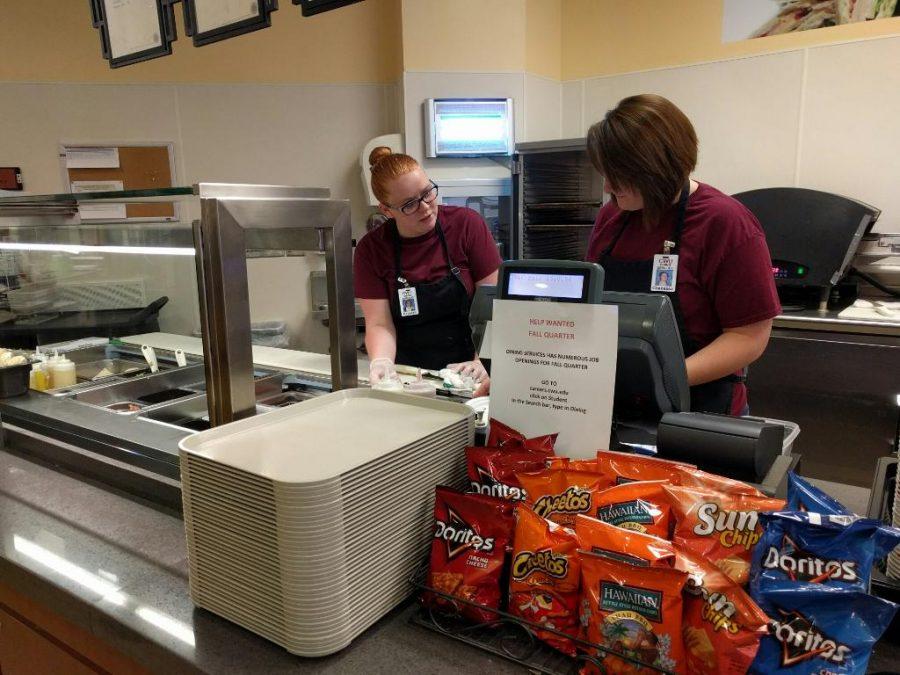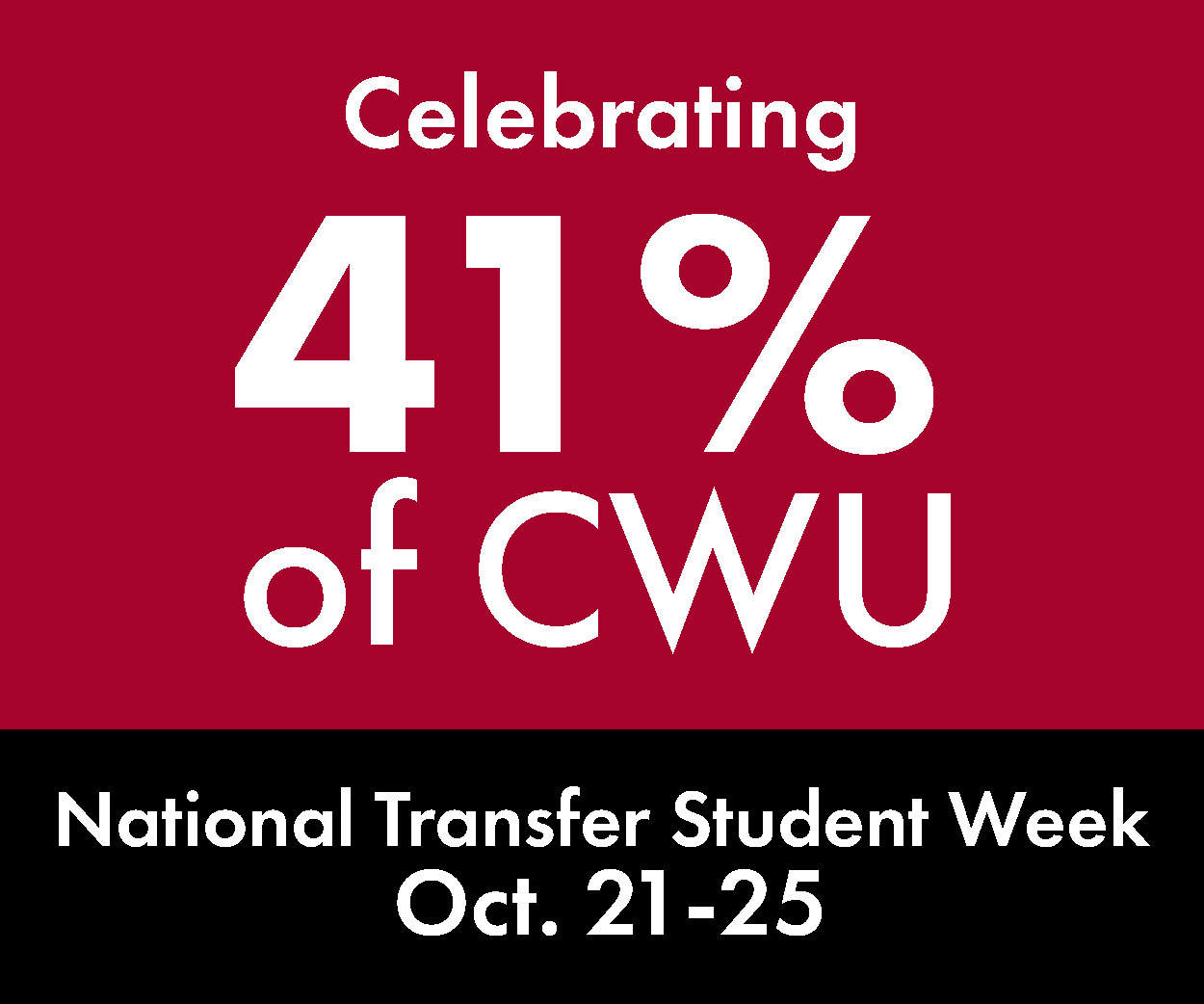Students can see work hours increase during breaks
Student employees can work up to 40 hours a week in the summer and during breaks
July 7, 2016
During summer break Central Washington University students have the option to work on campus. But, how many hours are they allowed to work on campus if they are attending or not attending school for the summer?
According to Kathy Johnson, a CWU student employment Human Resources (HR) specialist, and the “On-Campus Student Employment CWU” brochure, students who are going to school full time (12 or more credits for undergraduate students or 10 for graduate students) can work up to 19 hours per week while attending classes.
But during holidays or breaks students can work full time, up to 40 hours per week, with approval from their employer. Also, if students are enrolled half-time (6-11 credits for undergraduate students and 5-9 credits for graduates), they can work up to 69 hours a month on campus.
According to Johnson, there are more than 2,000 students working on campus. An estimate of 150 students are work study employees and an estimate of 1,850 students are non-work study employees.
Qualifications for hours
In order for a student to qualify for an on-campus job they can either be enrolled in classes or use the temp option. As a temp they are not limited to working 15 hours a week. However, according to CWU’s certification of intent to enroll, a temp employee can have FICA (Social Security) tax withheld from their paycheck while full-time student employees will not.
The policy states that if it is not followed, student employees may have to end up paying the FICA tax back to the IRS for the hours they have worked as a student employee and their employment will be canceled.
The CWU HR website also houses a calculator that lets students determine how many hours they’re are able to work at any given time of the school year.
“When someone calls to the front desk and says, ‘I am not sure how many hours,’ we tell them to walk through this scenario and answer ‘yes’ or ‘no’ questions and that will tell them,” Johnson said.
Work study
Work study, a need-based financial aid award that is earned and does not have to be paid back, is usually only available within the academic school year and not during the summer.
Qualified students can get anywhere from $1,000-$5,000 of work study for the academic school year, depending on their hourly wages and how many hours they are able to work per week.
When it comes to work hours there is no limit to how many hours a student can work, so even if they work little-to-no hours, they still can receive the reward. Work study can apply to off-campus employment as well, but the employer has to enter a formal agreement with CWU and some restrictions can apply.
According to the financial aid work study web page, the first step to applying for work study is making sure to apply for financial aid through the standard FAFSA form and provide the required information.
“Some departments don’t have a lot in their budget, and so they say ‘I can only afford to have a work study student,'”Johnson said, “because[with] a work study student, the federal or state pays 60 percent of their wages and the department pays 40 percent.”
According to Andrew Caveness, a program support supervisor who oversees the Connection Card offices, during the school year the students work an average of about 14 hours a week. In the summer months, student hours vary because of how slow it is on campus. However, in June and August students can get up to 15 hours a week.
“When there [are] student orientations going on, especially like now in the month of July, they get up to 40 hours a week because we are busy with student orientations,” Caveness said.
Overall, student summer employment has both advantages and disadvantages during the summer months while in school or not take classes. Just remember there are a lot of things to consider while attending classes and working on campus during the summer months.
“Studies show that students that take more work, more hours, while going to school aren’t as successful,” Johnson said. “The main reason the student is here is to be successful at college; not to work.”


